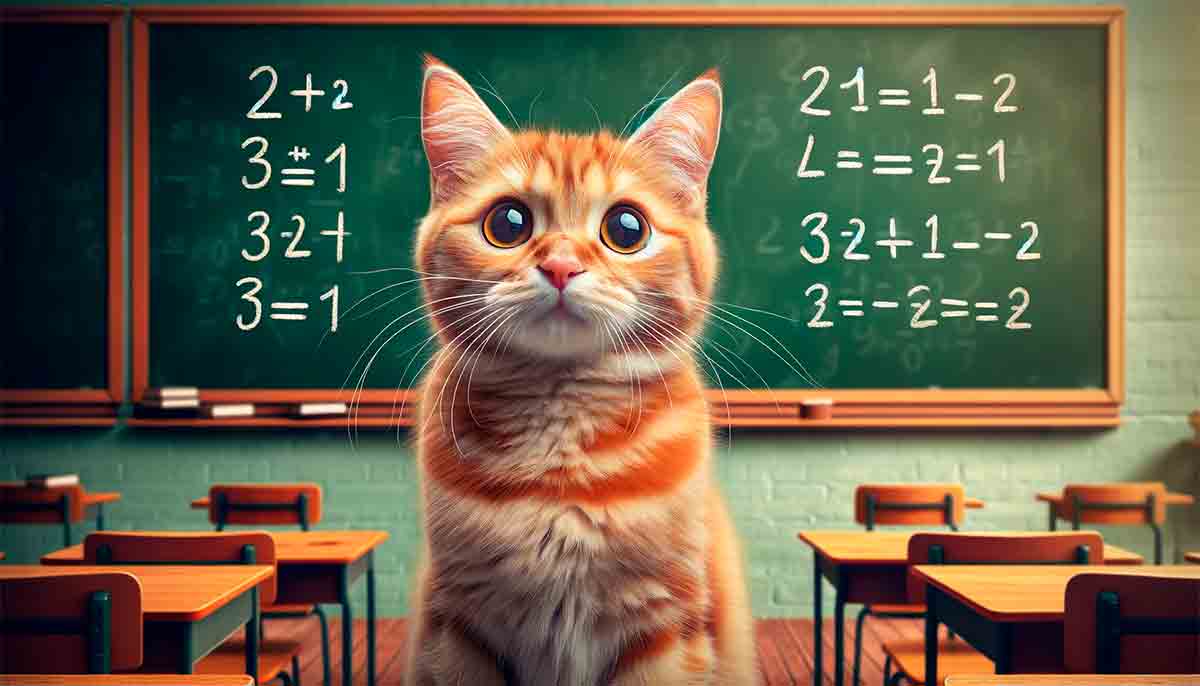
After an online discussion raised the question of whether orange cats are less intelligent than other cats, science has provided the answer.
+ Do you like orange cats? Then check out nine breeds that have this color tone
According to scientists, this observation is more a set of stereotypes regarding the color of cat fur. Zarah Hedge, medical director of the San Diego Humane Society, explained this in a statement.
According to her, although there may be some genetic components associated with fur color that also influence personality, there is little scientific evidence to prove this in domestic cats and the fur color of cats can vary within the same breed.
In the case of silver foxes, for example, studies show clear evidence that fur color is associated with animal behavior.
Although there is no scientific evidence, some people believe and make decisions about which cat to adopt based on these observations. Zarah warned that “this can lead people to have unrealistic expectations about how a cat will behave at home” and can be harmful.
Another stereotype associated with the orange cat is that although it is less intelligent, it is more friendly and sociable than others. This may be due to the frequent use of orange cats on television, like Garfield, the famous cartoon character.
The expert believes that, in this case, the creators had similar pets, but they may also have been influenced by the same stereotype. Another human-created stereotype claims that a bicolor cat is more playful and that a black cat is a sign of bad omen.
Tricolored cats are also targets of stereotypes and are considered bolder and more energetic. “There is a long-standing belief that tricolored cats have what is called ‘tortitude’ or ‘tortoise attitude’ because tortoiseshell coats are known to be spicier and ruder,” said Zarah Hedge to Publishing.
The expert concluded, highlighting a 2016 study from the University of California, Los Angeles, that no difference in cat attitude was found between fur colors and that “each cat has its own unique personality.”

